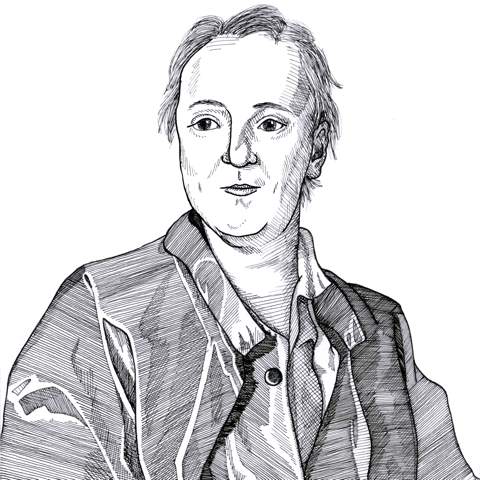
Diderot on the nature of political authority (1751)
Found in: Encyclopedic Liberty: Political Articles in the Dictionary of Diderot and D’Alembert
The editor of the great 18th century French Encyclopedia, Denis Diderot (1713-1784), opened the project with an essay challenging the very nature of Kingly political authority in mid-18th century France:
Politics & Liberty
No man has received from nature the right to command others. Liberty is a gift from heaven, and each individual of the same species has the right to enjoy it as soon as he enjoys the use of reason. If nature has established any authority, it is paternal control; but paternal control has its limits, and in the state of nature, it would terminate when the children could take care of themselves. Any other authority comes from another origin than nature. If one seriously considers this matter, one will always go back to one of these two sources: either the force and violence of an individual who has seized it, or the consent of those who have submitted to it by a contract made or assumed between them and the individual on whom they have bestowed authority.